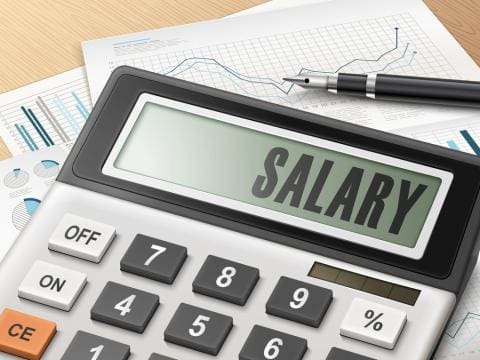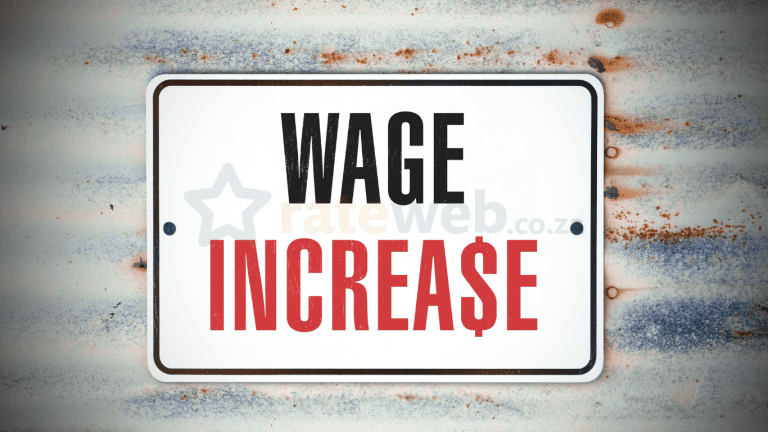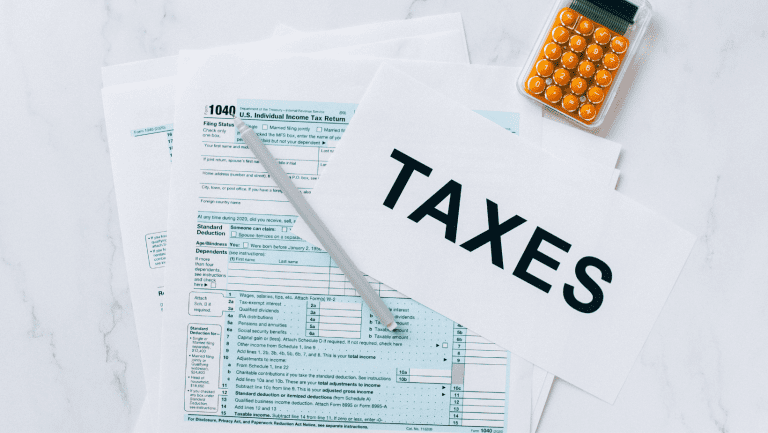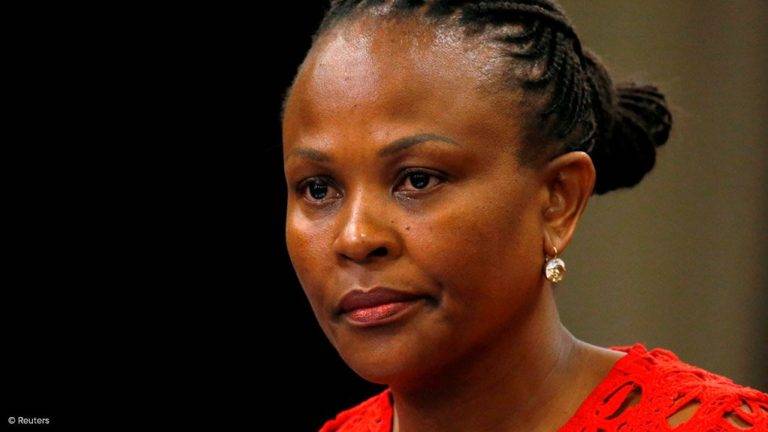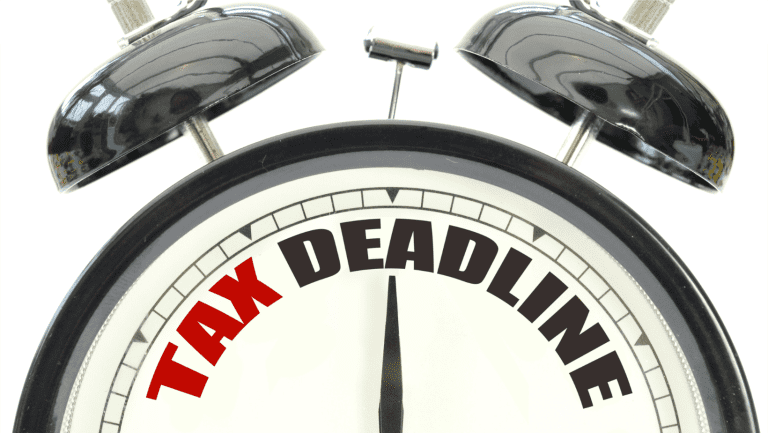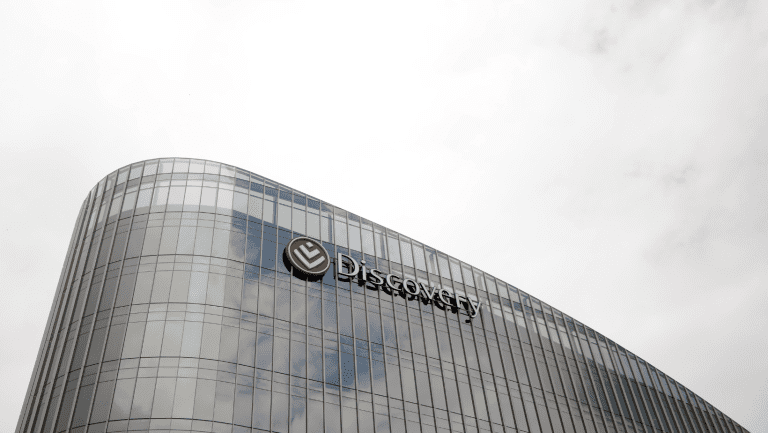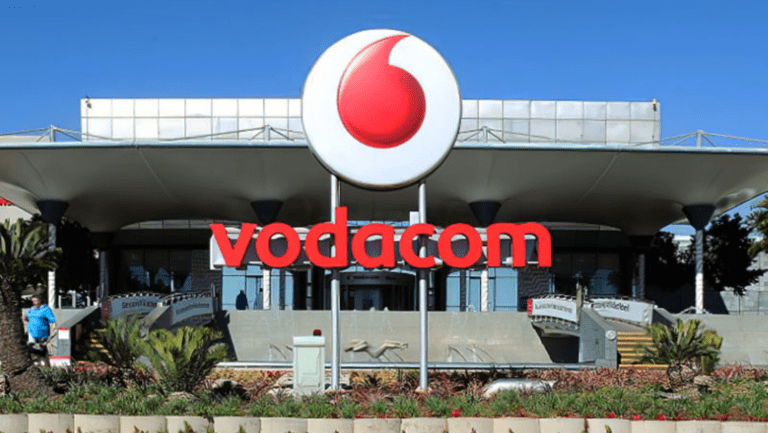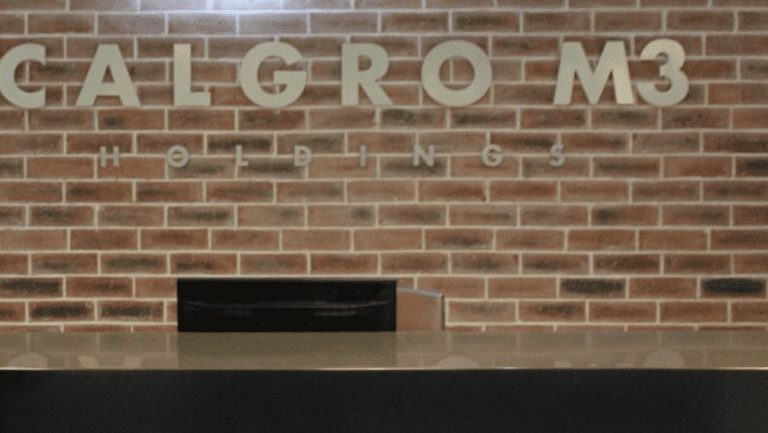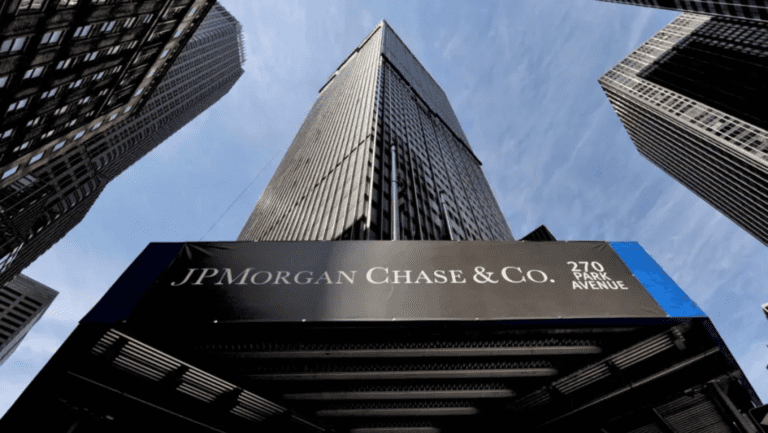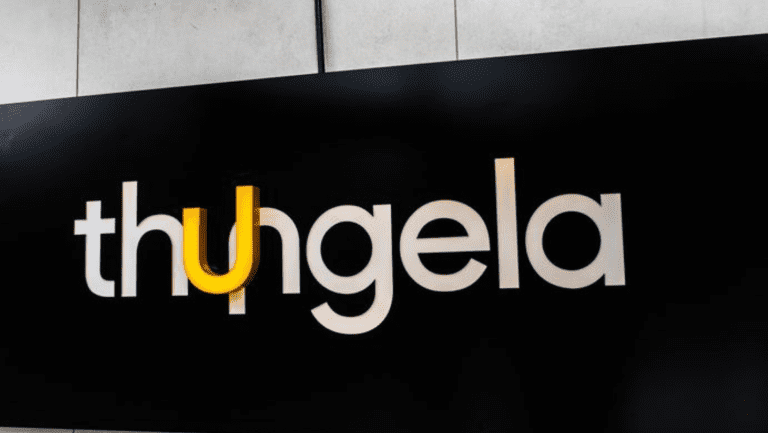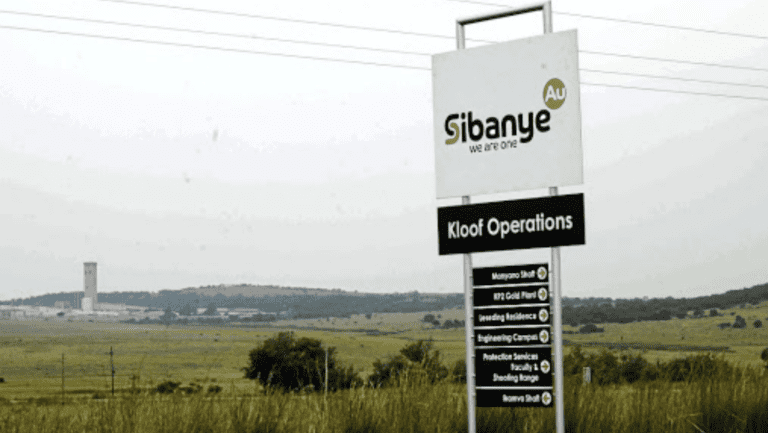A recent inflation expectations survey conducted by the Bureau for Economic Research (BER) indicates that all sectors of South African society anticipate prolonged higher inflation, while expectations for wage and salary increases have decreased.
- The Bureau for Economic Research (BER) survey indicates that South African society expects higher inflation to persist, while wage and salary growth expectations have decreased.
- Respondents from all sectors predict an average inflation of 6.3% in 2023 and 5.8% in 2024, with households holding a more pessimistic outlook.
- Survey participants have downgraded their average projections for salary and wage increases in 2023 to 5.3%, which falls short of the year’s inflation expectations (5.9% versus 6.3%).
The BER’s quarterly survey gathers insights from key economic sectors, including analysts, unions, households, and businesses. It has been commissioned by the South African Reserve Bank (SARB) since 2001 and forms a crucial part of the data considered by the central bank’s Monetary Policy Committee (MPC) when modeling inflation and determining its interest rate strategy.
These four groups are surveyed as each offers a unique perspective and influence on inflation. According to the BER, businesses affect prices in the real economy, while analysts impact financial markets. Trade union representatives and households, in their capacity as employees, influence wage increases, which in turn have a significant effect on inflation.
The MPC is likely to express concern if inflation expectations rise significantly above the midpoint of the inflation target range of 3% to 6%, or if other inflation indicators deteriorate. For instance, heightened inflation expectations could lead to increased wage demands from workers seeking compensation for anticipated future inflation. Businesses may also raise their prices if demand remains strong. In response, the SARB may be compelled to increase interest rates to prevent these expectations from materializing.
On the other hand, if inflation expectations and other indicators decline, the opposite scenario may unfold.
For the first quarter of 2023, respondents across all sectors have raised their inflation expectations, suggesting that higher inflation will persist for an extended period. On average, analysts, business people, and trade unions have increased their inflation expectations for 2023 and 2024 by 0.2 percentage points compared to the fourth quarter of 2022.
They predict inflation will average 6.3% in 2023 and 5.8% in 2024, before moderating to 5.5% in 2025. Analysts anticipate inflation of 4.6% in 2025, in line with the midpoint of the SARB’s inflation target range, while trade unionists expect 5.8% (slightly below the upper limit) and business people predict 6.2% (above the upper limit). The average five-year inflation expectation remains unchanged at 5.5%.
Households, however, hold a more pessimistic outlook, with their one-year-ahead inflation expectations increasing from 6.3% to 7.0% and their five-year expectations surging from 8.4% to 9.9%.
Survey respondents also predict a slower economic growth rate of 1.0% in 2023, half the rate anticipated a quarter earlier. They expect a modest acceleration to 1.5% in 2024. Among the three social groups, analysts foresee the lowest growth rate at 0.5% for this year, while business people project 1.0% and trade union officials estimate 1.4%.
In line with the broader outlook for reduced inflation and economic growth, survey participants have downgraded their average projections for salary and wage increases in 2023. They now anticipate an increase of 5.3%, compared to the previous expectation of 5.9%. However, this figure falls short of the inflation expectations for the year (5.9% versus 6.3%).
The survey took place between February 20 and March 9, 2023, with the results calculated on March 10, 2023. The SARB’s MPC is expected to make a decision on interest rates at the end of the month (March 30), with market participants anticipating another 25 basis point hike.


